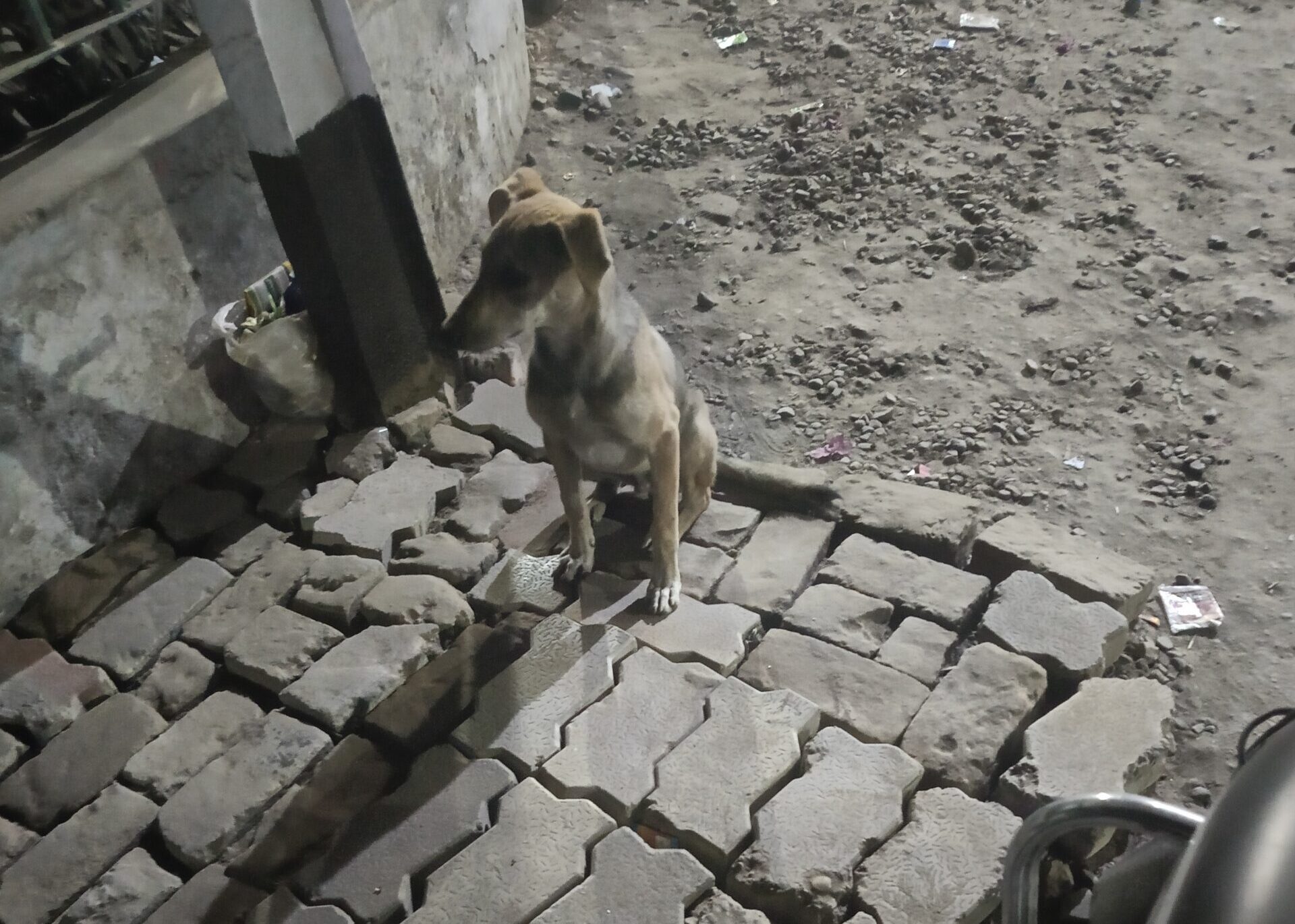Have you ever stopped to think about how vastly different life can be for people depending simply on where they were born, who their parents are, or even their gender? We live on the same planet, under the same sky, yet the opportunities, resources, and even basic dignities available to us are incredibly, often shockingly, unequal.
This isn’t going to be a post filled with complex statistics. Instead, I wanted to share some of my personal reflections on the inequality I see and feel in the world around us. It’s a topic so vast it can feel overwhelming, but ignoring it doesn’t make it disappear.
It’s More Than Just Money (Though That’s a Big Part)
When we talk about inequality, the first thing that often comes to mind is economic disparity – the massive gap between the ultra-wealthy and those living in extreme poverty. And yes, seeing headlines about billionaires while knowing millions lack clean water or enough food is jarring. It highlights a fundamental imbalance in how resources are distributed and valued.
But inequality stretches far beyond bank accounts. It’s about:
Opportunity: Does a child born in a remote village have the same chance at a quality education as one born in a wealthy city? Often, the answer is a stark no.
Healthcare: Access to basic healthcare, life-saving treatments, and even knowledge about health can drastically differ, leading to huge variations in life expectancy and quality of life.
Access to Transformative Knowledge: It also strikes me how profoundly unequal access to good knowledge shapes our lives. This isn’t just about formal schooling; it’s about the kind of information and understanding that allows us to navigate the world effectively and make informed choices. Access to quality education, financial literacy, awareness of global trends, digital skills, or even just strong critical thinking skills can completely alter our path.
This knowledge profoundly impacts our environment – not just physically, but socially and intellectually. It shapes the friends we make, the depth and nature of conversations we have (even with relatives), and the networks we build. Furthermore, it directly influences our ability to understand and engage with investments, potentially growing wealth, versus being excluded from such opportunities. And perhaps most critically, it dictates our career prospects, opening doors to certain professions while closing off others. When this crucial knowledge is concentrated among a few, it reinforces existing inequalities, creating vastly different life trajectories based simply on the information one can access and internalize.
Social Factors: Inequality is deeply intertwined with gender, race, caste, ethnicity, sexual orientation, and disability. Prejudice and systemic discrimination create barriers that have nothing to do with a person’s potential or effort.
Voice and Power: Whose voices are heard in the halls of power? Who gets to shape the policies that affect everyone’s lives? Often, those most affected by inequality have the least say.
A Personal Perspective
For me, this isn’t just an abstract concept. It feels fundamentally unfair. There’s a deep sense of injustice knowing that potential is being squandered, that suffering is happening needlessly, simply because the systems we’ve built (or allowed to develop) favor some over others.
I see glimpses of these contrasts daily. Rapid development alongside persistent poverty, access to world-class amenities for some, while others struggle for basics. It makes me question what ‘progress’ really means if it leaves so many behind. It fosters empathy, but also a sense of frustration and a desire for things to be different.
What Can We Even Do?
It’s easy to feel powerless when facing such a massive global issue. I don’t have all the answers, and I doubt anyone does. But I believe change starts with awareness and empathy.
- Educate Ourselves: Learn more about the different facets of inequality, both globally and locally. Understand the root causes.
- Listen: Pay attention to the stories and perspectives of those who experience inequality firsthand.
- Challenge Bias: Be mindful of our own biases and challenge prejudice when we encounter it in our communities.
- Support Change: Whether it’s through supporting organizations working on the ground, advocating for fairer policies, making conscious consumer choices, or simply starting conversations, we can contribute.
- Vote Consciously: Consider how policies impact inequality when making decisions at the ballot box.
Tackling global inequality is arguably one of the greatest challenges of our time. It’s complex, deeply rooted, and won’t be solved overnight. But acknowledging it, talking about it, and reflecting on our own place within these systems is a crucial first step. It’s about recognizing our shared humanity and striving, even in small ways, towards a world that offers a fairer chance for everyone.

Leave a Reply